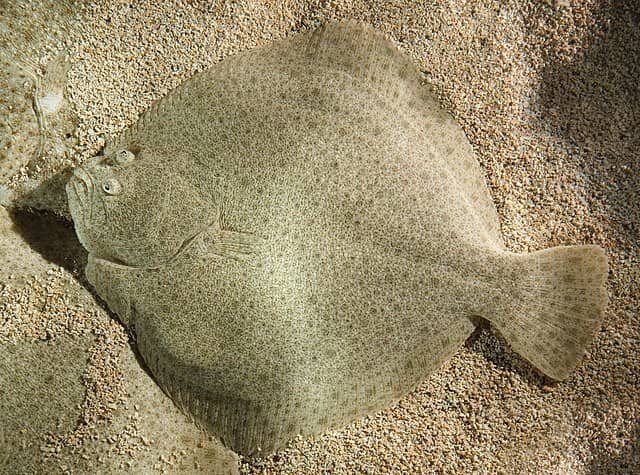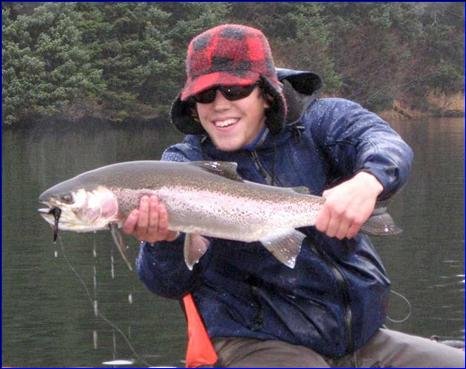Spain.- A recent study conducted by the EU Horizon 2020-funded ParaFishControl project aimed to demonstrate the absence of zoonotic parasitic worms in European farmed fish, specifically in gilthead sea bream, European sea bass, turbot, Atlantic salmon, rainbow trout and common carp. Zoonotic parasites are transmitted from animals to humans; zoonotic worms (helminths) can spread to humans when infected fish is consumed raw or partially cooked. From spring 2016 to winter 2017, more than 7,000 fish were analysed from commercial aquaculture farms throughout Europe, including Croatia, Denmark, Greece, Hungary, Italy, Norway, Spain, and Turkey. No zoonotic parasitic helminths, such as Anisakis, were found in any of the examined fish, at a confidence level of 95-99%.
This is the largest study ever conducted in Europe and the results have been even better than expected. “This is great news for European aquaculture” said Dr Miguel Ángel Pardo from AZTI Tecnalia, ParaFishControl project partner, “results indicate that consuming fish from European farms presents negligible risk for human health when it comes to zoonotic parasitic worms.”
These results are part of a larger survey of marine and freshwater farmed fish undertaken by ParaFishControl, which aims to improve our understanding of fish-parasite interactions and develop innovative solutions and tools to prevent, control and mitigate harmful parasites which affect the main fish species farmed in Europe. This effort was part of the “Fish Product Safety” work package, led by AZTI in collaboration with six other consortium members from across Europe (Spanish National Research Council, University of Bologna, Hungarian Academy of Sciences, University of Copenhagen, Hellenic Centre for Marine Research, and University of Bergen).
Dr Miguel Ángel Pardo explained the importance of these positive results, which “have led us to design more specific research to be carried out on runts as a potential parasite carrier and the feed as possible transmission vector. This will allow us to assess all the crucial aspects in the infection of fish by zoonotic parasites”.
The study itself will be published in peer-review journals and will be accessible through the ParaFishControl project website. These results are a significant indicator of the overall success of the project thus far, with the overlying goal of safe and sustainable European seafood clearly being met. The final outputs of ParaFishControl will allow European farmers to manage their risk at very low levels, which will differentiate high quality European aquaculture products from others worldwide.
For more information on the project, please watch the ParaFishControl video: www.youtube.com/watch?v=9gjvZVUxh_Y . To stay informed about the progress and results of ParaFishControl, visit the project’s website at www.parafishcontrol.eu .
Editor at the digital magazine AquaHoy. He holds a degree in Aquaculture Biology from the National University of Santa (UNS) and a Master’s degree in Science and Innovation Management from the Polytechnic University of Valencia, with postgraduate diplomas in Business Innovation and Innovation Management. He possesses extensive experience in the aquaculture and fisheries sector, having led the Fisheries Innovation Unit of the National Program for Innovation in Fisheries and Aquaculture (PNIPA). He has served as a senior consultant in technology watch, an innovation project formulator and advisor, and a lecturer at UNS. He is a member of the Peruvian College of Biologists and was recognized by the World Aquaculture Society (WAS) in 2016 for his contribution to aquaculture.







